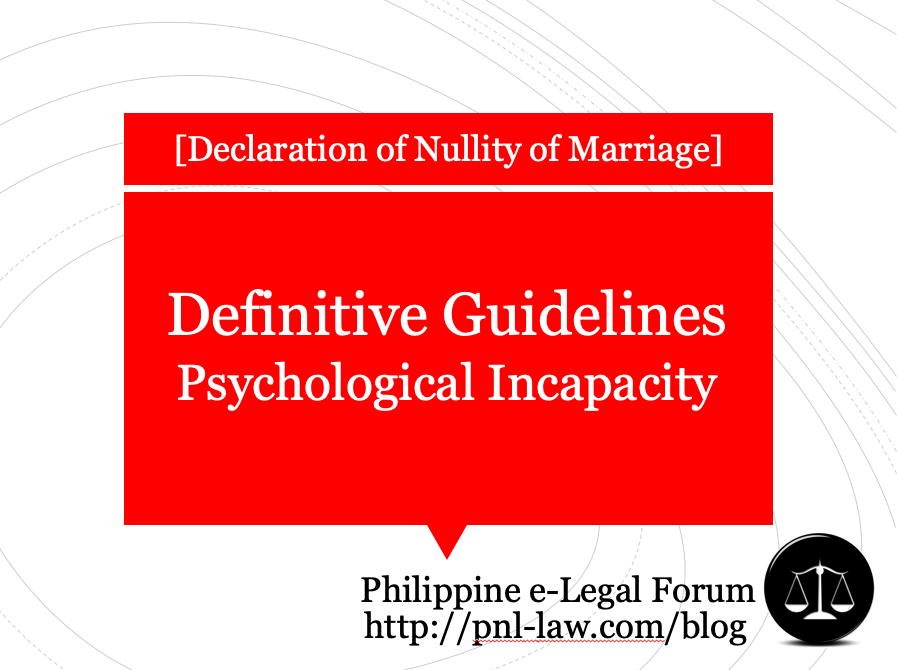(This is written by Judge Don Navarro, reproduced here with his express permission.)
I recently had the opportunity to ask Justice Hilarion Aquino about remedies available to an offended party where the information had been dismissed outright for lack of probable cause (see Got Cause?).
A hot topic of discussion among judges that they could not resolve by themselves was whether or not the offended party could still prosecute the civil claim. Continue reading

